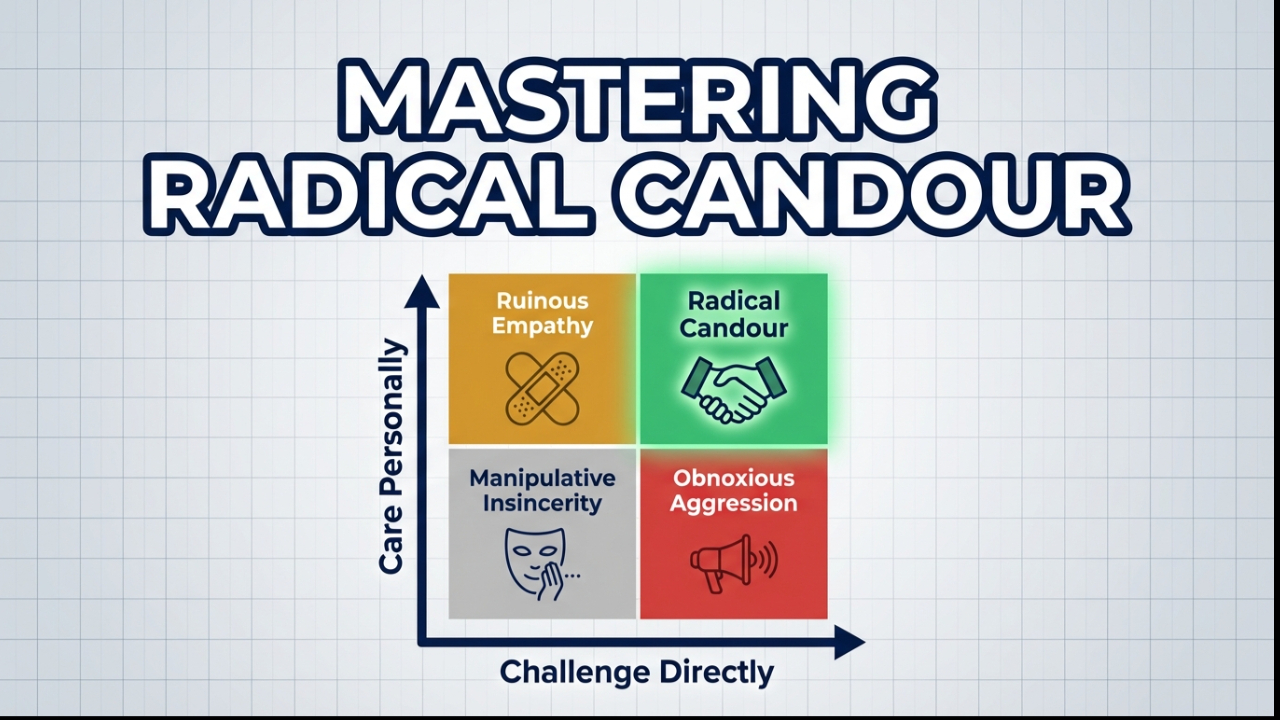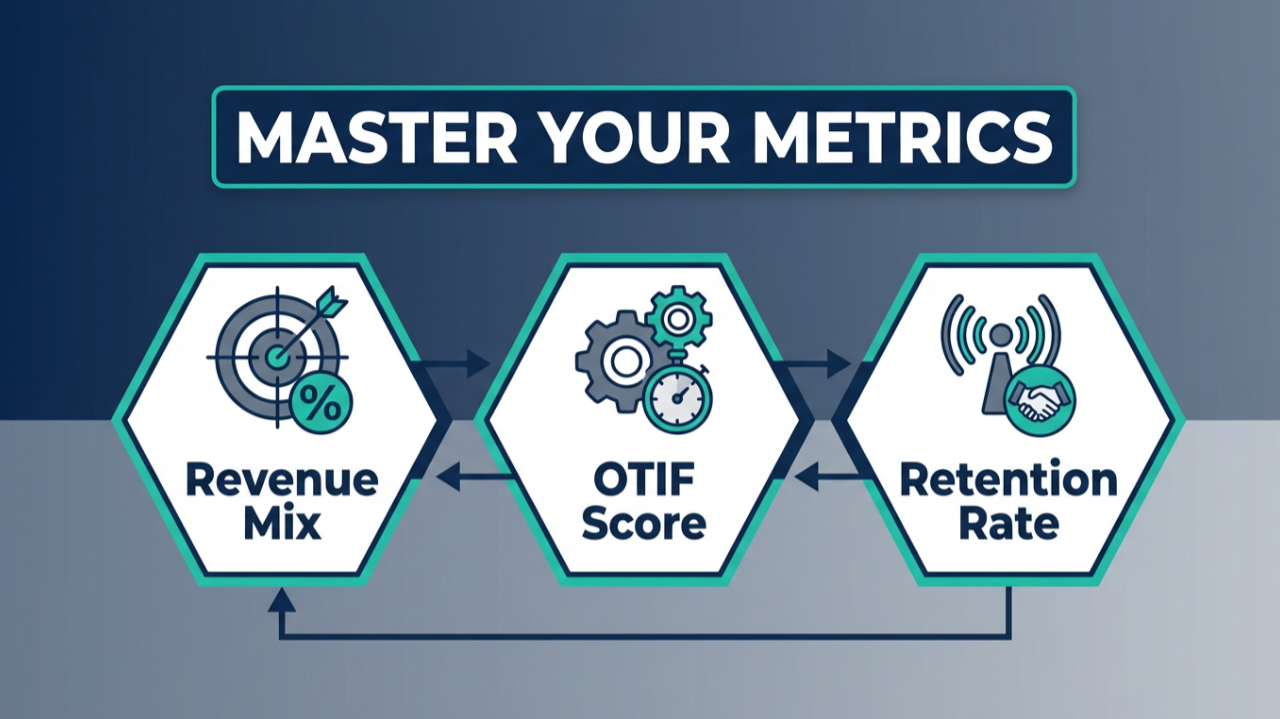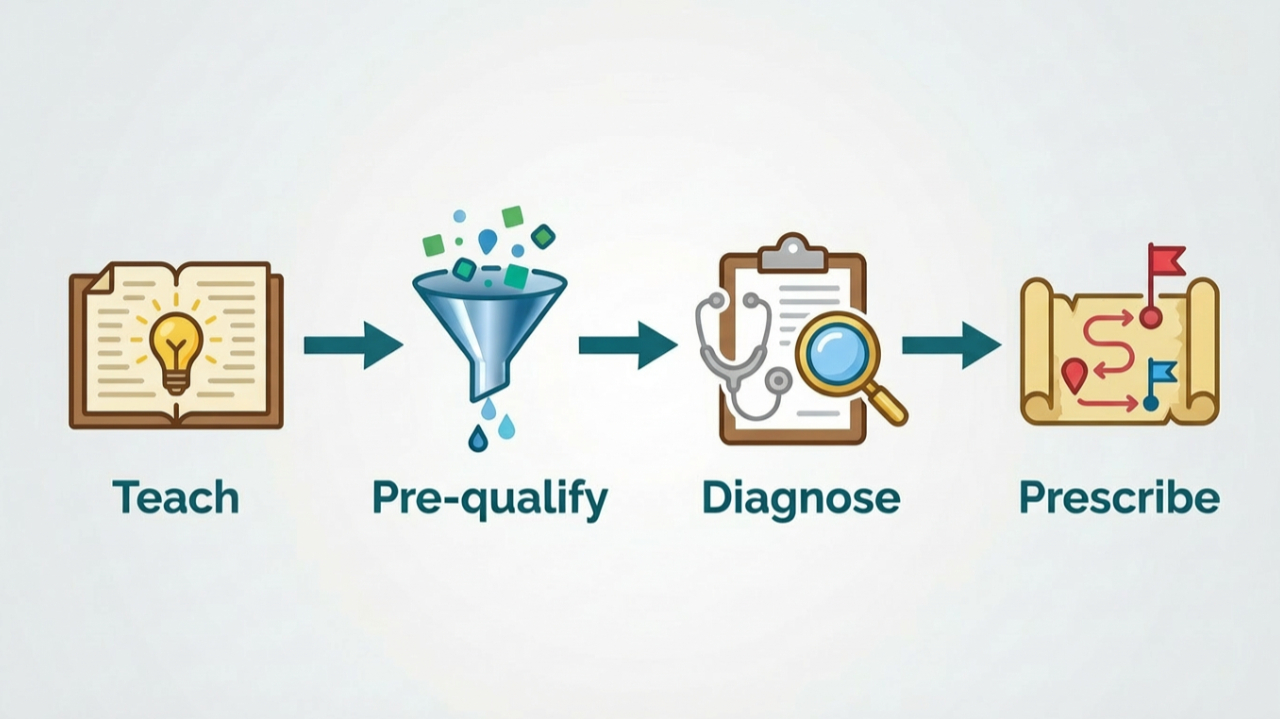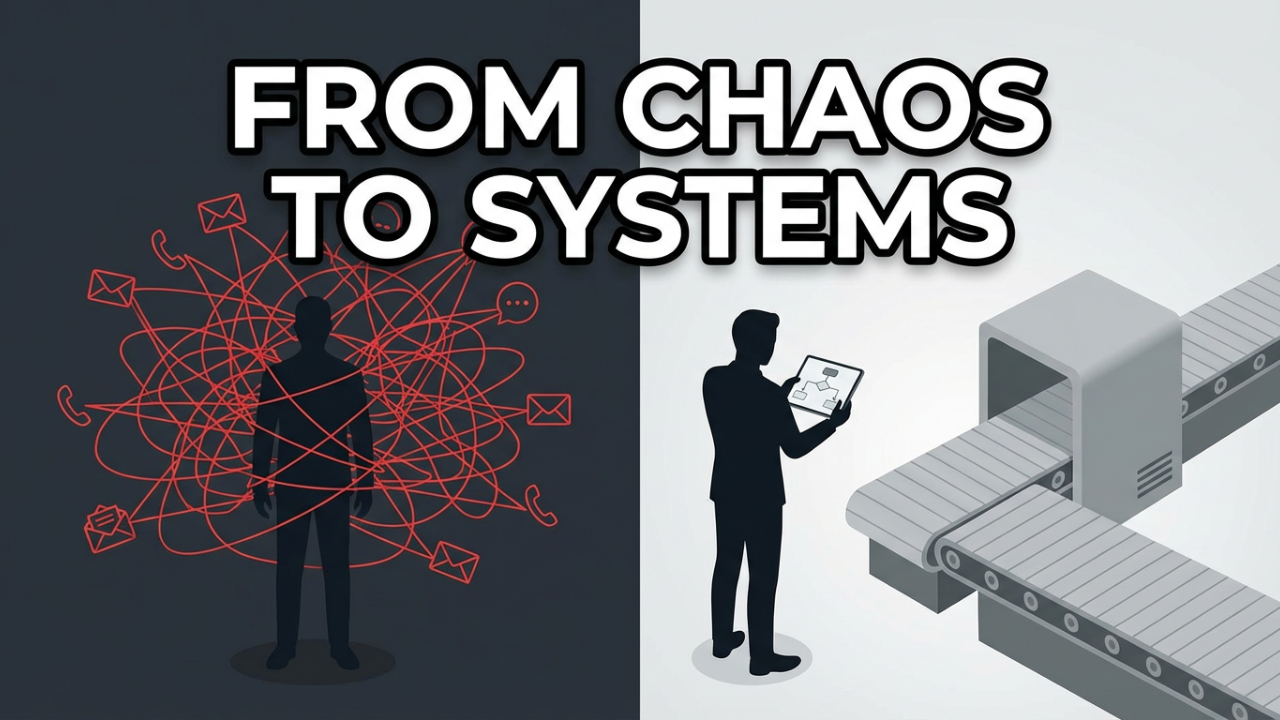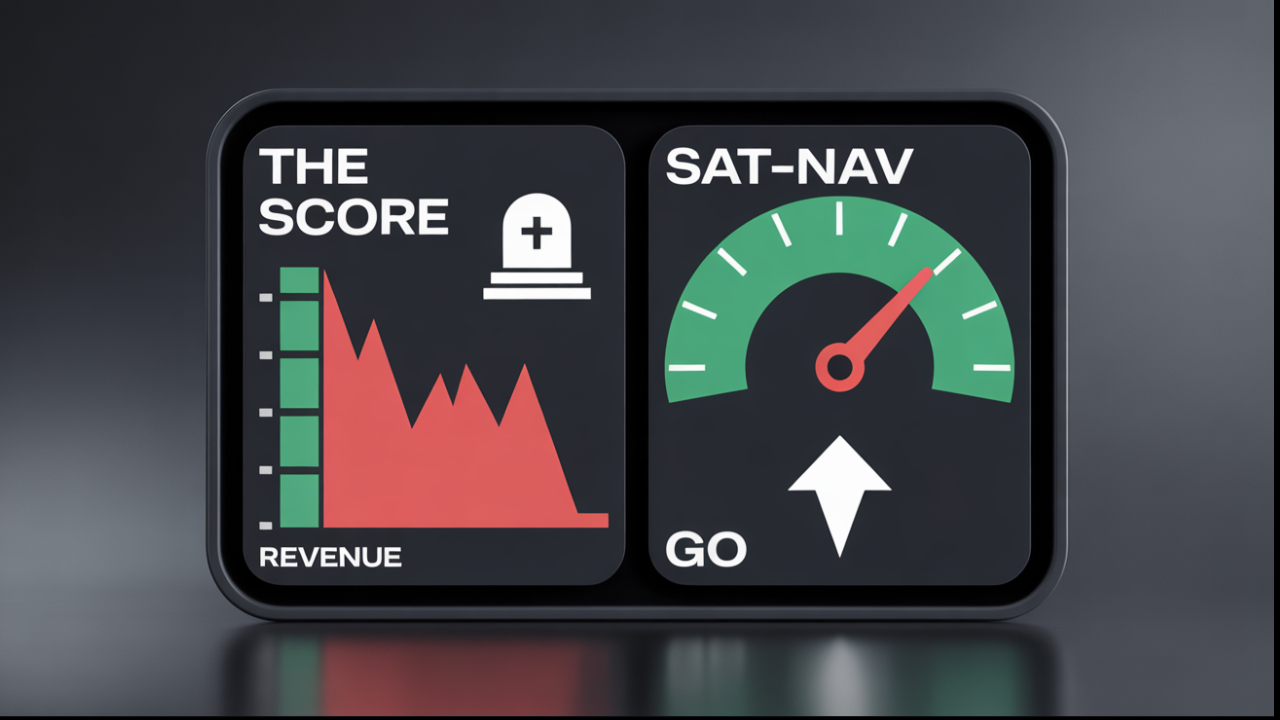Systemise Your Business for More Profits, Customer Loyalty & Time Freedom
A business that is inconsistent is inefficient. When you systemise your business, you're setting it up for success. A systemised business runs like a well-oiled machine, with every process and procedure clearly defined and documented. This level of organisation and consistency not only improves operational efficiency but also paves the way for scalability and growth.
What does Systemising your business mean?
Put simply, systemising your business means turning your business into a series of processes, routines, and rules that make all the moving parts run more smoothly, like clockwork. It involves documenting and standardising the core processes that keep your business running, from customer service and sales to operations and administration.
When the different tasks that keep your business running are all defined by systemised processes, you can ensure that everyone on your team has a clear idea of what's expected of them, how to perform their tasks correctly, and how to solve problems when something goes wrong.
Systemise Definition = Bring Order To or Into
Why Systemise your Business?
Consistency and Repeatability
When you systemise your business, you're able to build consistency and repeatability into your processes. This means everyone can focus on doing their jobs well instead of constantly reinventing the wheel. It also means that when you're ready to scale up, you have a solid foundation to build upon.
Improved Operational Performance
Systemising your business also improves operational performance by making it easier for you to analyse what's working and what isn't. If a process is consistently problematic, it's much easier to identify the problem when things are standardised. Conversely, having systemised processes in place makes it easy to identify when something is working well, and that learning should be replicated.
Scalability
Systemised processes make scaling your business much easier because they enable you to train employees quickly and effectively, and they give you a framework for easily identifying problems before they become catastrophic issues.
How to Systemise Your Business
1.Identify your Core Business Processes
When it comes to business processes, the first thing you want to do is identify your core processes. These processes keep your business running, and they are the most important ones to systemise and standardise.
When selecting these core processes, consider the ones that take up the most time or resources, or maybe there is a process that is always causing problems or issues. Any of these are good candidates for systemising.
Once you've identified your core processes, you can move on to documenting how things are currently done.
2. Capture the Current State – Process Mapping
Process Mapping will document how you currently do what you do. You must understand your current state before you can improve it. If you have a team of people, they will all see the process differently. You need to get everyone on board and understanding how the business works. If you are a solopreneur, this is still important to help you identify where your process falls down and where the bottlenecks occur.
Process maps are a great way to document what your team is currently doing, and they form the basis for all future work.
3. Optimise the Process
The next step is to optimise. Now you can go through your core processes one-by-one and decide how to make them better.
Think about whether it's the most efficient way to do things. Think about whether they're the best way to do things. Could this process be automated? Could this process be outsourced?
The key to optimising each process is maintaining your perspective: You're looking at it from an objective standpoint and asking yourself if that makes sense in your business or if it needs some tweaking. Maybe it's fine as-is, maybe it needs a little work, or maybe it doesn't make sense for your business and should be removed entirely!
4. Standard Operating Procedures – Documenting the Process
Now you have your core processes optimised, it's time to create the best standard operating procedure.
You need to create a step-by-step process that describes the activities required to complete a task and it needs to be written in plain English.
The key here is to find the right balance between being overly detailed and not detailed enough. It's good to be specific but keep it simple and easy to understand. You want you and or your employees to be able to perform their duties without having to pore over pages of instructions, and they should be able to understand what they're reading quickly and easily.
Tip:
Checklists
can help with process adherence. Checklists allow you to have an easily accessible reference your employees can refer to when they're unsure about how to complete a task or what steps are necessary.
5. Embed your Processes in your Business
The biggest thing that will help you scale your business is to embed your standardised core processes in your business.
Your business needs to be able to work without you and without your team having to ask you how to do things.
These rules may change over time, but they're always there. They define how the business works and what constitutes a successful outcome.
Tip: Build a feedback loop into your system that allows your employees and co-workers to help you adapt and change along with the times.
6. Continuous Improvement
The good news is that every business system can be improved upon. What's more, as your business grows, you'll have to improve your systems just to keep up with demand.
In the early stages of business, when only a few people are involved in the day-to-day running of things and everything is small scale, it's easy to get by with informal systems. But once you start to grow and hire more employees; take on more clients or customers; the complexity increases and the absence of formalised systems will start to show itself in the form of errors, missed tasks and general confusion.
Don't panic, though. Business isn't all about having flawless system and processes in place from day one (how could it be?). What's critical is that you're aware of what's happening, and that you're willing to make improvements as needed.
The Benefits of Systemising Your Business
When you systemise your business, you develop a comprehensive set of systemised processes that cover all aspects of your business. These are step-by-step instructions for everything from how to handle calls from potential customers to how to ship products out. By clearly defining the steps needed, you give yourself and your employees the tools needed to work more effectively and efficiently.
The benefits of systemising are incredible:
- Increased Profits: When your business runs smoothly and efficiently, you're able to maximise your resources and minimise waste. This translates into higher profits and a healthier bottom line.
- Greater Customer Loyalty and Retention: Systemised processes ensure that your customers receive a consistent, high-quality experience every time they interact with your business. This level of reliability and professionalism builds trust and loyalty, leading to repeat business and positive word-of-mouth.
- Ability to Replicate for Growth: With well-documented processes in place, it becomes much easier to replicate your success as you expand into new markets or open additional locations. You can train new employees quickly and ensure that your standards are maintained across the board.
- Time and Financial Freedom: A systemised business runs like a well-oiled machine, freeing up your time and energy to focus on strategic growth initiatives or simply enjoy a better work-life balance. You'll also have the peace of mind that comes with knowing your business can operate smoothly without your constant supervision.
- Improved Decision-Making: When you have clear, documented processes, it becomes much easier to identify areas for improvement or potential bottlenecks. This data-driven approach to decision-making allows you to make informed choices that will positively impact your business.
- Increased Consistency and Quality: Systemised processes ensure that every task is performed the same way, every time. This consistency not only improves the quality of your products or services but also helps to eliminate costly errors and rework.
- Better Risk Management: By documenting your processes, you're creating a roadmap for your business that can be easily followed in the event of staff turnover or other disruptions. This helps to mitigate the risk of lost knowledge or operational breakdowns.
Conclusion
Systemising your business is a game-changer. It's the key to optimising your operations, boosting your scalability, and setting yourself up for long-term success. While the process may seem daunting at first, the rewards are well worth the effort.
So, what are you waiting for? It’s time to get started! And if you need support give us a shout, we’ve been doing this for decades -
Contact Me Here
Remember, a systemised business is a successful business. By taking the time to document and standardise your core processes, you'll be laying the foundation for a well-oiled machine that can withstand the test of time and propel your business to new heights.


